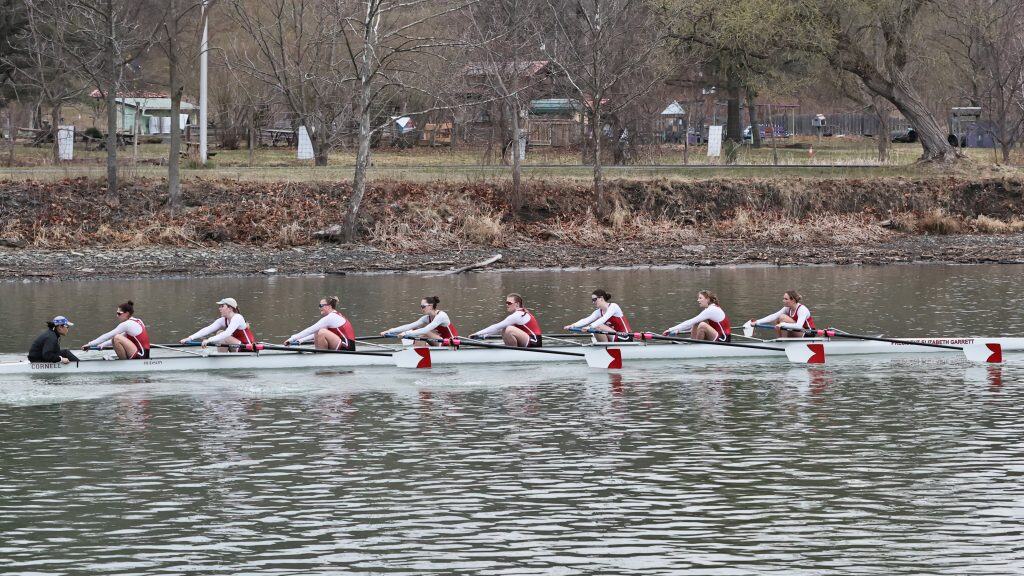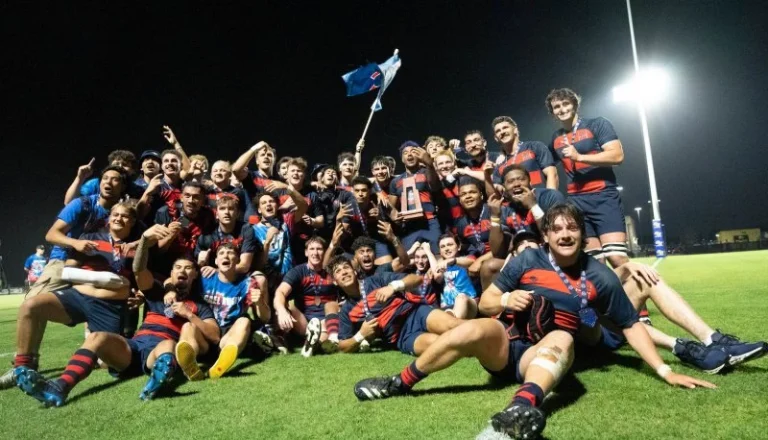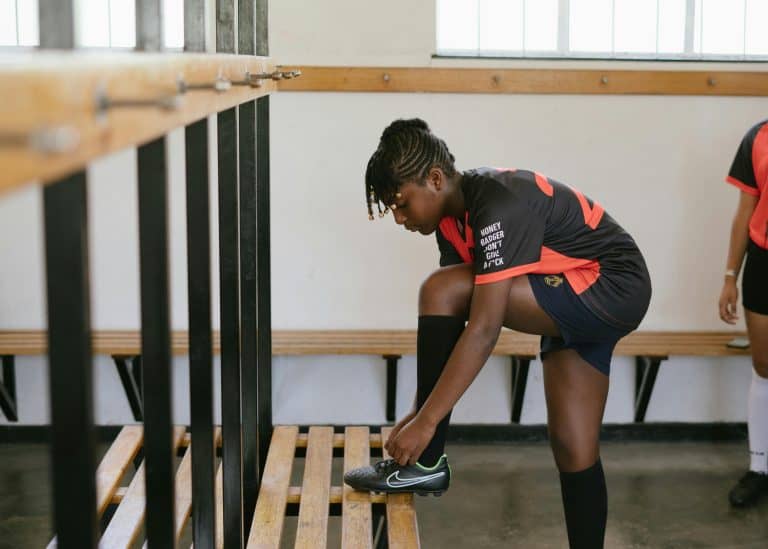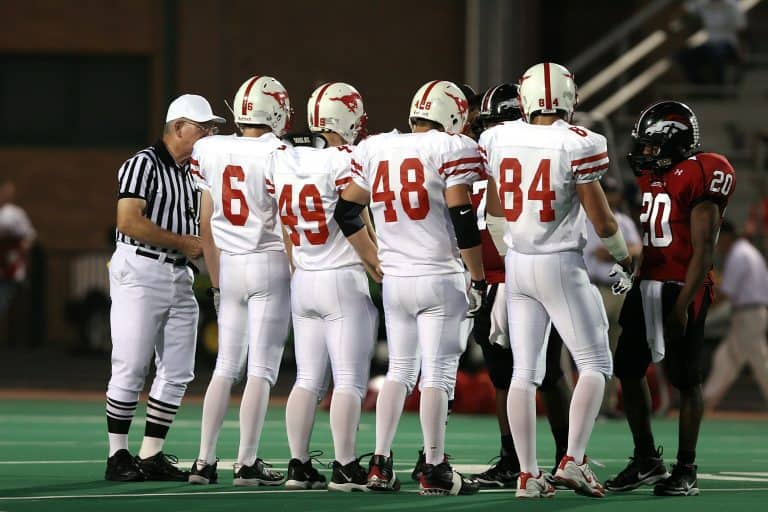"[Using Athlete Assessment tailored DISC Profiles] It streamlined communication, reduced conflict, and empowered athletes to take ownership of their team culture.”
At first glance, rowing may seem like one of the simplest sports. Line up the boats, row in sync, and the fastest crew wins. But beneath the surface lies a complex interplay of personalities, pressure, and performance. For Steve Coppola — Olympic medalist and Head Coach of Cornell University Women’s Rowing — the real key to success isn’t just stroke rate or split times. It’s grace.
“We just wanted to create that space, ” Steve said, “where the D’s weren’t getting upset with the I’s. Where everyone understood that people express things differently — and that didn’t mean they cared any less.”
In a recent webinar hosted by Bo Hanson, Founder & Lead Consultant of Athlete Assessments, and CEO Liz Masen, Steve shared how his evolving relationship with DISC has shaped not only his coaching philosophy but also the entire culture of the Cornell rowing program.
A Journey That Comes Full Circle
Image Source: Darl Zehr Photography/Cornell Athletics.
Steve’s introduction to DISC came well before he became a head coach. Back in 2010, while training for the London Olympics, Steve was part of a U.S. Rowing camp where his team was introduced to DISC by Bo Hanson.
As Bo recalled during the webinar, “You were part of the team USA rowing crews, we worked together in Chula Vista, and your coach at the time, Tim McLaren, let me run DISC with your group.”
That first experience left a deep impression.
“Even years later, after we’d retired and moved on to different careers,” Steve shared, “we still used DISC as a common framework to explain how we interacted with others, to make sense of situations that might have caused conflict otherwise.”
That framework would resurface in Steve’s coaching life in an unexpected way. When he hired Assistant Coach, Allison Carter, the conversation turned to DISC.
“She told me she had done her CoachDISC at the [NCAA] WeCOACH Women Coaches Academy with Liz. I still had mine from years ago,” he said. “We shared them, and started using DISC as a language between us.”
The final piece of the puzzle came when one of their student-athletes completed the AthleteDISC at a rowing camp and brought it back to the team.
“That’s when we realized: we all had this tool, this language. And that’s when we decided to bring it into the program for everyone.”
The Language of Grace
For Steve, DISC isn’t just a diagnostic tool.
“It’s a way to foster grace — space for athletes to be understood, especially in high-stakes, high-emotion environments.”
“We were going into the racing season, and I noticed our athletes still weren’t aligned in how they explained their feelings or behaviors,” Steve said. “Some would vocalize stress or anxiety, and others might interpret that as a lack of commitment. It created tension.”
The DISC model helped them reframe these interactions. Instead of seeing behavior through a lens of judgment, athletes started seeing it through one of understanding.
“One day, our coxswain snapped at her crew; she was under pressure, the boat wasn’t responding, and she just lost it. The team was ready to push back. But I stopped them and said, ‘This is exactly why we did DISC.’”
Instead of conflict spiraling, the team paused. They recognized the moment for what it was: someone hitting their limit. They gave her grace, she apologized, and they all moved on.
Steve added, “There was no residual conflict, and that was the whole point.”
DISC as a “Twin Language” - Streamline Communication, Reduce Conflict, Empower Athletes
Steve likens DISC to something surprisingly close to home, the way his three-year-old twin boys communicate.
“They spend nearly every moment together. They can just nod and go. They have this unspoken language,” Steve explained. “And when people share the DISC framework, it’s like that. You have a shorthand, ‘a twin language.’ You don’t have to over-explain.”
This shared understanding has transformed how the Cornell women’s team operates.
“It has streamlined communication, reduced conflict, and empowered athletes to take ownership of their team culture.”
Find out how you can take ownership of your team culture here.
“The mission is to make sure we’re all on the same page. When we communicate, we need to be saying the same thing and understanding it the same way.”
And in a sport where the coach sends the crew out on the water, literally pushing them off from the dock, that level of internal alignment is not optional, it’s essential.
Steve joked, “Rowing is the only sport in the world, where the coach pushes you away and says, ‘I’ll see you in 40 minutes. Let me know how it goes.’ You have to figure it out yourselves.”
Image Source: Darl Zehr Photography/Cornell Athletics.
Leading with Purpose
For Steve, using DISC with his athletes isn’t about labeling or simplifying people. It’s about cultivating emotional intelligence and enabling athletes to lead themselves and each other.
Bo put it best during the webinar,
“Teams that perform at the highest level aren’t free from conflict, but they resolve it quickly. They don’t let it build up. They understand each other.”
Steve has created a team culture at Cornell where that kind of understanding is the norm, not the exception.
“It’s really fun now,” Steve reflected. “It’s taken work, but I feel like we’re at a place where the athletes are really driving the program. And that’s a great place to be.”
Image Source: Darl Zehr Photography/Cornell Athletics.
From Insight to Impact
At Athlete Assessments, we believe performance begins with self-awareness. Coach Steve Coppola’s journey, from Olympic athlete to head coach; is a powerful example of how DISC doesn’t just help athletes perform better, it helps people relate better.
When teams compete with alignment, both physically and emotionally, the results will follow.
“You never know how meaningful a small interaction can be years later,” Steve said.
We couldn’t agree more.
Where to From Here?
Want to bring DISC into your team or program? Learn more about the AthleteDISC, CoachDISC, and Athlete Assessments’ Elite Team Program to find out how you can get the most out of the process.
Recommended Articles
On May 4, 2024, the Saint Mary’s College of California Gaels Rugby team, dubbed as a team fueled by “juice, joy, and accuracy;” launched onto the field in Houston to face off with the Naval Academy ‘Navy', for the NCAA Division 1A Rugby National Championships.
From success on the sporting field to success in the class and business room; we delve into the key skills student-athletes can apply from their athletic experiences to shape their future career success.
It’s well-known that most athletes do not spend their competitive sporting years thinking about what they might do next, so when they do reach that stage, whether by choice or by circumstances beyond their control, they are often left wondering how to transfer their level of on-field success to their off-field career. A common theme has emerged from many athletes who have successfully transitioned, they have not done it alone, and this is where Carrie White and AthLife come in.





